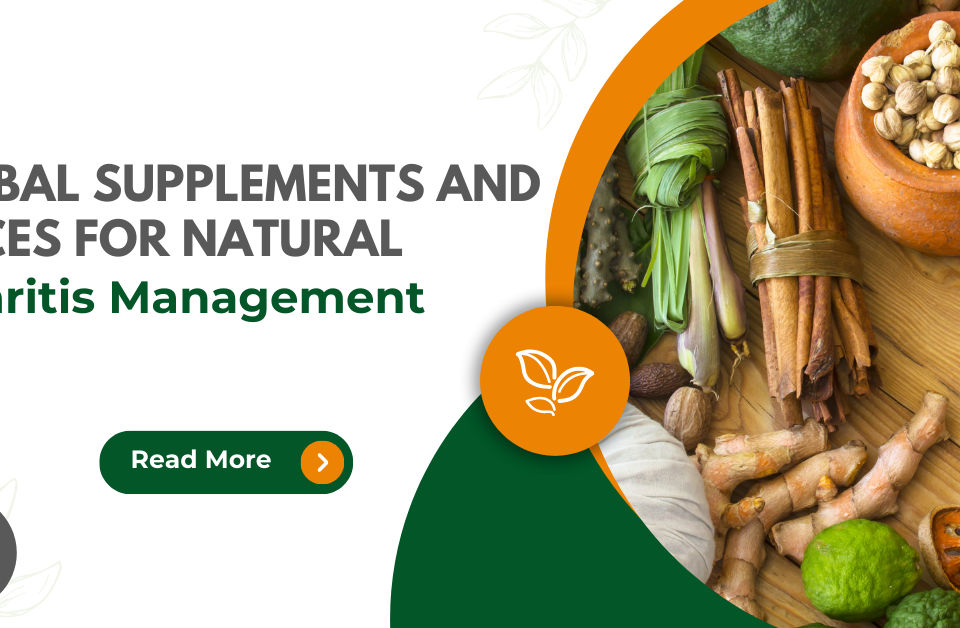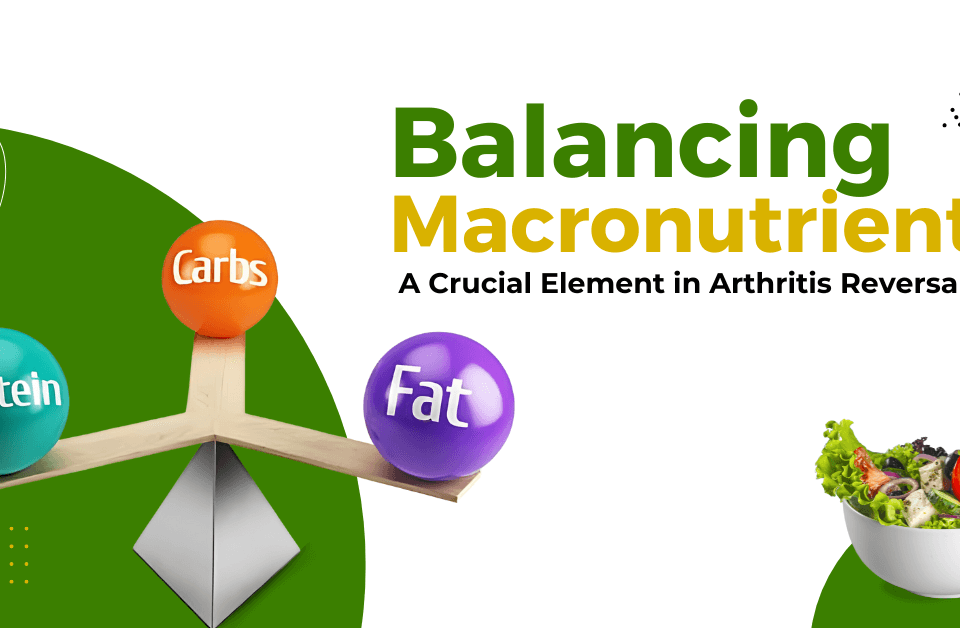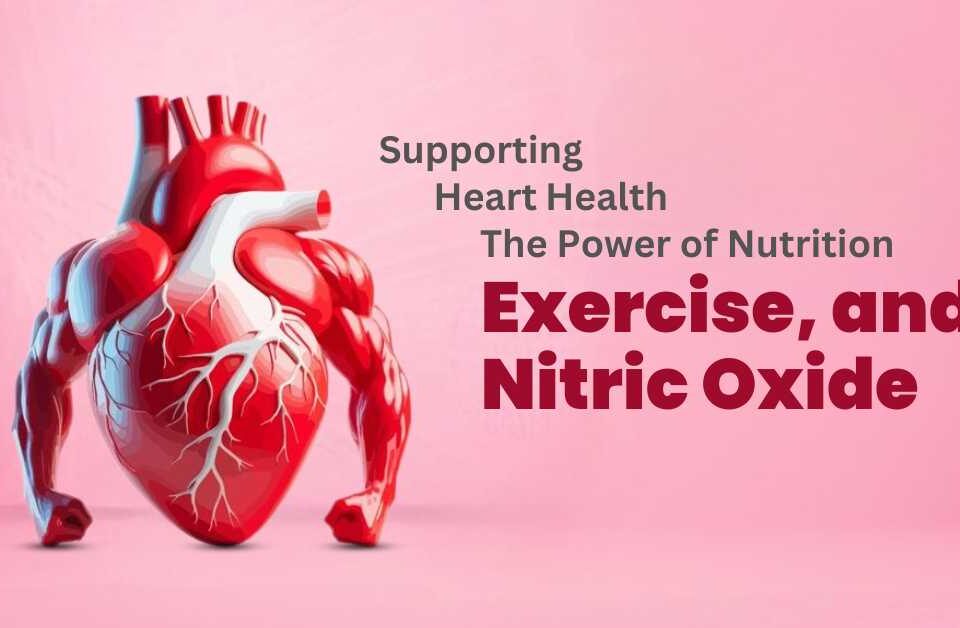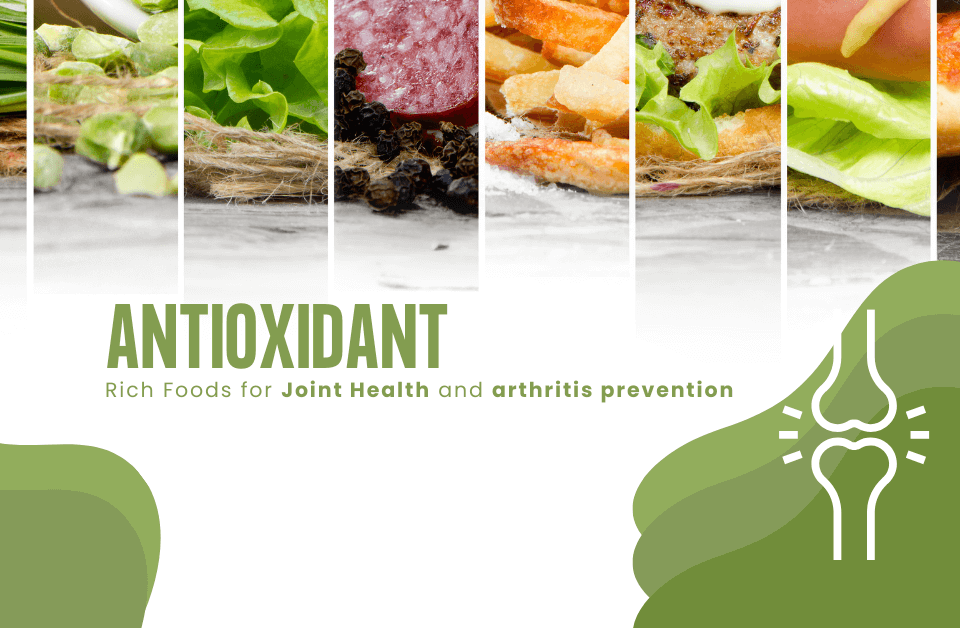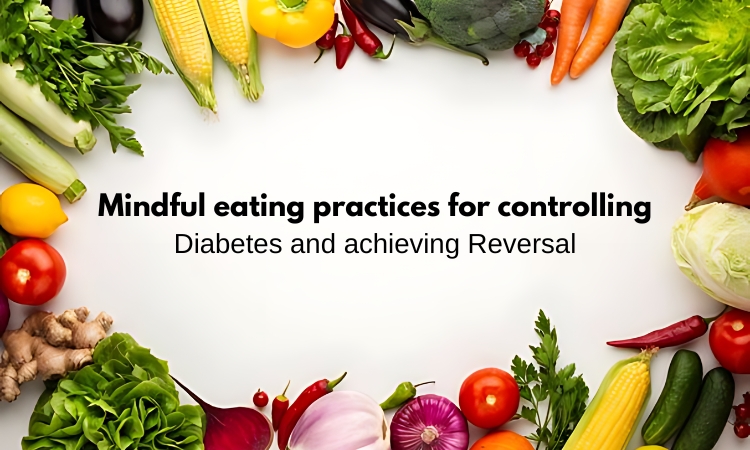Supplements vs. Natural food

Unveiling Natural Solutions for Hypertension
March 16, 2024
How sedentary lifestyle is contributing to sarcopenic obesity?
March 30, 2024Supplements Vs Natural food
Food is a significant part of our daily life, and now in this modern world, food supplements have become a part of our lives too. Even then, we consume various foods and sometimes need help to get the essential nutrients. And for that, we start adding food supplements to our routines. But have you ever given it a thought if it is the right thing to do so?
What are supplements?
Supplements are the sources of essential nutrients we do not get in our daily meals. They come in a variety of forms, for example, gummies, tablets, capsules, powders, drinks, and energy bars. Every dietary supplement has a label that mentions how much (dose) one should take to include these in everyday life. Ask your healthcare provider about the dosage, especially if you are a pregnant woman, a nursing mother, or have children. Though the dosage is mentioned on the label, it is essential to ask your healthcare professional.
Examples of supplements
There are a number of supplements present in the market. To name some are Vitamins, capsules and tablets, energy bars and drinks, minerals, and many more.
Supplements are a good choice in certain conditions. Such as
•Calcium and Vitamin D supplements help keep bones strong and prevent bone loss.
•Many risks of specific congenital disabilities can be decreased with the help of Folic acid.
•People suffering from heart disease can benefit from Omega-3 fatty acids in fish oils.
There are several other examples of supplements that people add to their life to balance their nutrition intake. For example:
•Fish oil capsules
•Probiotics
•Multivitamins
•Garlic tablets
•Some energy drinks
Supplements can improve your overall health. They are proven to be your best friend when working, and you do not have time to plan your meals according to daily nutritional requirements. Though, it is not good to rely on supplements for your daily need for essential nutrients.
What are natural foods?
Natural foods are the whole pack of nutrition we need daily. They are free of any additives, synthetics, or artificial ingredients. People often confuse natural foods with organic foods. But these two are entirely different from each other. Organic foods are grown without fertilizers, pesticides, or herbicides. Natural foods are grown without any additives, synthetics, or artificial ingredients.
Benefits of Natural Foods
•They have anti-inflammatory properties.
•They promote heart health
•They are rich in antioxidants
•They are rich in vitamins and minerals
Examples of Natural foods
•Fresh fruits and vegetables
•Fresh meat and fish
•Whole Grain products
•Quinoa
•Legumes
•Lentils
•Beans
•Nuts and seeds
The list may go on. But do not confuse natural foods with organic foods. They might sound similar, but they are different in many aspects. So choose wisely what you eat.
Which is better?
Supplements and natural foods have their own places in your diet. But it becomes really important and tricky to include these in everyday life. Supplements are important because you do not get all the essential nutrients from your diet alone. At the same time, it is crucial to take all the necessary nutrients from a diet.
In conclusion, you can add supplements to your routine but remember to ask your nutritionist about the dosage and what kind of supplements you should include. Also, try to take all the essential nutrients from your diet. Natural foods are packed with such nutrients. Take out some time from your schedule and plan your meals for the entire week or take help from your nutritionist. It is wise to have a planned and balanced diet rather than consuming anything on your whim.


